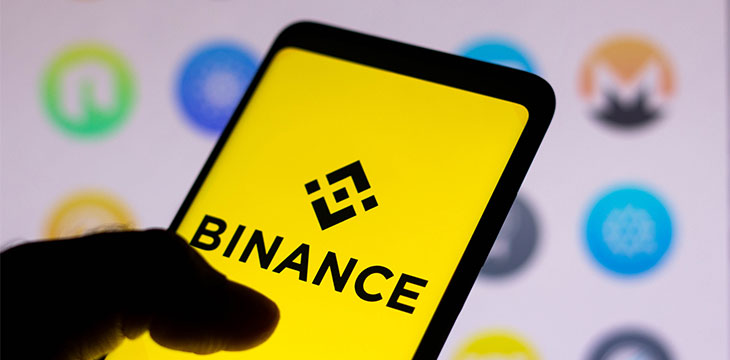|
Getting your Trinity Audio player ready...
|
Binance exchange is in court again, this time in a digital asset romance scam case in which the victim claims it should have done more to protect its users. The exchange filed in a Texas court to be exempted from the $8 million lawsuit, arguing that it doesn’t fall under the jurisdiction of the Texas court.
Divya Gadasalli filed a lawsuit in a federal court, claiming that Binance failed in its duty to stop the scammers. She allegedly lost digital assets she had purchased on Coinbase (NASDAQ: COIN) to the scammers and believes that Binance, fellow exchange Poloniex (which is now owned by TRON founder Justin Sun), and American banks TD Bank and Abacus Federal Savings Bank should be held liable for the loss. She is demanding $8 million from the defendants.
Binance has fought back, as Law360 reports. The exchange told a Texas federal court that the plaintiff based her allegations on ‘paper-thin assertions’ and that she had failed to establish a claim.
Binance further claimed to be beyond the jurisdiction of the Texas court as it doesn’t operate in the United States. Being a foreign entity, it was beyond the reach of the local Texan civil laws, its filing claimed.
Binance Global, the entity that runs the exchange worldwide, indeed doesn’t operate in the United States. However, it still services American residents through its subsidiary, Binance.US, which has been mired with issues such as the resignation of former Comptroller of the Currency Brian Brooks to another former CEO disappearing for months now after leaving her position at the exchange.
Digital asset romance scams have been on the rise, with scammers faking an emotional connection to their victims before convincing them to either send them digital assets or invest in a dubious company. A U.K. firm called Action Fraud reported that romance scams have shot up 40% since the pandemic began.
“People are lonely from the pandemic, and crypto is super hot right now. The combination of the two has really made this a successful scam,” Jan Lee, a researcher at the online fraud-prevention firm Sift, told the New York Times.
Follow CoinGeek’s Crypto Crime Cartel series, which delves into the stream of groups—a from BitMEX to Binance, Bitcoin.com, Blockstream, ShapeShift, Coinbase, Ripple,
Ethereum, FTX and Tether—who have co-opted the digital asset revolution and turned the industry into a minefield for naïve (and even experienced) players in the market.

 02-16-2026
02-16-2026 




